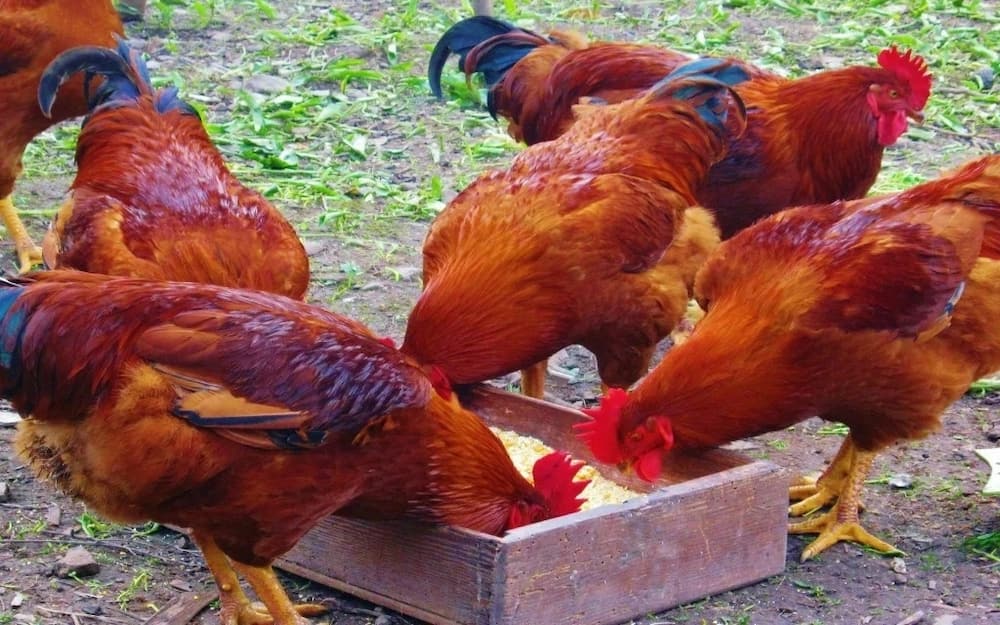- Hybrid genetics: Improved Kienyeji chicks are bred using hybrid genetics that have been selected for their high growth rate, feed efficiency, and meat or egg production potential.
- Increased production: Improved Kienyeji chicks are designed to produce more meat or eggs than traditional breeds, providing farmers with a higher return on investment.
- Disease resistance: Improved Kienyeji chicks are often bred for increased disease resistance, reducing the risk of disease outbreaks and improving the overall health of the flock.
- Feed efficiency: Improved Kienyeji chicks are bred to be more feed-efficient, requiring less feed to produce a kilogram of meat or eggs, which reduces the cost of production and improves profitability.
- Improved market access: Improved Kienyeji chicks can provide farmers with improved market access, as they can produce a high-quality product that is in demand both domestically and internationally.
- Stable genetics: Improved Kienyeji chicks have stable genetics, meaning that they are more consistent in their production and performance, reducing the risk of genetic variability and improving the predictability of production.
- Availability: Improved Kienyeji chicks are widely available from reputable breeders and hatcheries in Kenya, providing farmers with a reliable source of high-quality chicks.
- Improved income: By using improved Kienyeji chicks, farmers can increase their production and profitability, providing them with a better income and a more sustainable livelihood.
- Importance of husbandry: The success of improved Kienyeji chicks is dependent on proper husbandry, and farmers must ensure that they provide the birds with proper nutrition, housing, and disease control.
- Need for training: Farmers must receive proper training in poultry management and nutrition to ensure that they are able to maximize the production potential of their improved Kienyeji chicks.

